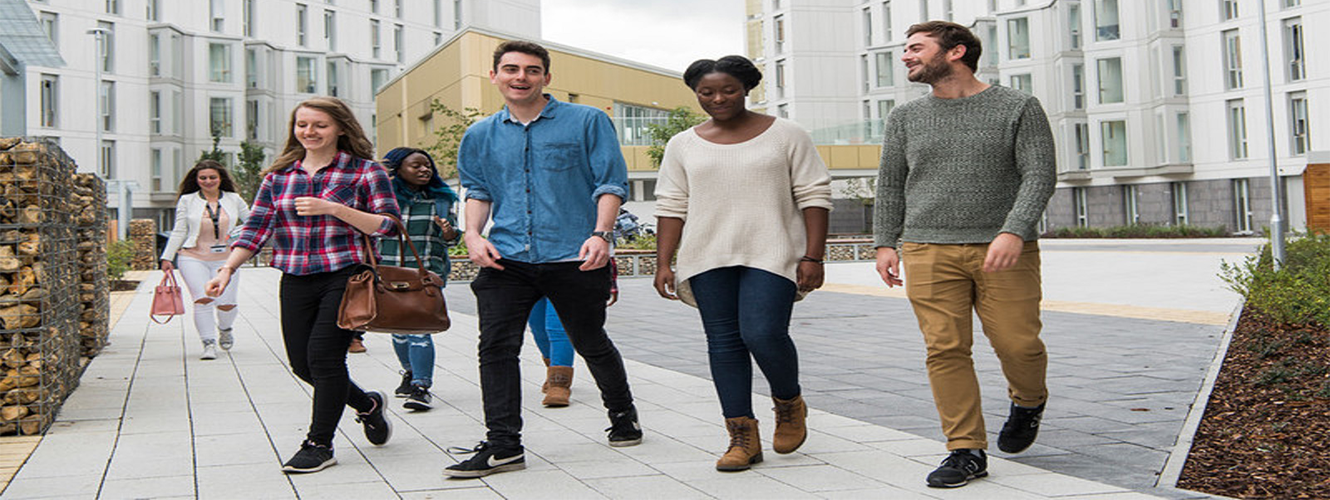UK116 BA International Relations and Modern History University of East Anglia
-
THÔNG TIN CHUNG
International relations scholars ask questions about how the world works today. Historians look to the past to make sense of the present. When studied together, these complementary disciplines can give you the fullest understanding of global politics: past, present and future.
ABOUT
On this course you’ll explore current global political events, connections and decisions. At the same time you’ll establish a ‘long view’ of the events and processes that have given rise to these current situations. You’ll come to understand how things that happen in one place can have major consequences for people and communities living on the other side of the world. You’ll become familiar with the huge range of actors involved, from states and their governments, to stateless organisations such as Greenpeace or Al Qaeda, to international bodies such as the European Union and United Nations, to corporations, social classes, diasporas, and even individuals.
Alongside all of this you’ll examine how the contemporary international system of separate states has roots going back more than three hundred years. You’ll be equipped to make sense of today’s global order, and to debate, argue and think about how it has developed throughout recent history. You’ll have the opportunity to explore how these two disciplines relate to one another, allowing you to gain a fascinating perspective on the world around you today.
The two disciplines of International Relations and History are taught across two Schools at the University, both of which are very well known for the quality of their teaching and research.
During the course you will have the opportunity to take part in study trips, internships and placements in Britain and Europe as well as having the option of a semester abroad in your second year.
-
CƠ HỘI NGHỀ NGHIỆP
PLACEMENT YEAR AND STUDY ABROAD
You’ll have the option of applying to study abroad at one of UEA’s partner universities, for one semester in your second year.
AFTER THE COURSE
You’ll graduate with the knowledge and skills for a range of careers. These might include working for different political organisations such as international organisations, parliaments or political parties. You could work with charities, non-government organisations (NGOs), think-tanks, universities or other research organisations. Or even with bodies like the civil or diplomatic service or armed forces. You could also go into business, marketing, media, and teaching. Alternatively you could continue your studies with a postgraduate degree.
To help you make the transition from student to working life, our Careers Service organises a range of popular events, such as Working in Politics and Government, Working in Charities and NGOs, and Working in Westminster and Whitehall. Here you’ll have the chance to make valuable contacts and get advice and insights from successful UEA alumni.
CAREER DESTINATIONS
Examples of careers you could enter include:
-
Political careers, such as working in Parliaments or for political parties
-
International organisations
-
Charities and NGOs
-
Think tanks and other research careers
-
Civil Service
-
Armed forces
-
- ĐIỀU KIỆN ĐẦU VÀO
- ĐIỀU KIỆN NGÔN NGỮ
- HỌC BỔNG
- ĐỊA ĐIỂM
Tóm tắt
-
Phí ghi danh
0
-
Độ dài khoá học
3 năm
-
Kỳ nhập học
Tháng 9
Phí Cơ Bản
-
Loại Tiền
-
Học Phí
Trên năm -
Phí Sinh Hoạt
Trên năm -
Tổng







